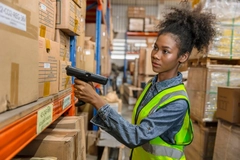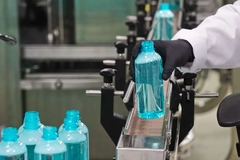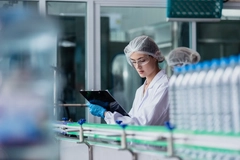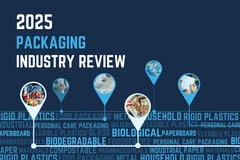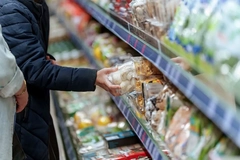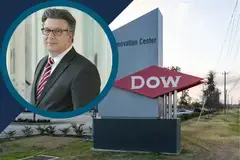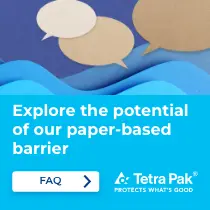Philippines launches public consultation to propel plastic waste management policies
Key takeaways
- The Philippines conducted a public consultation to refine the National Plastic Action Roadmap, bringing together stakeholders to address plastic waste management.
- The roadmap focuses on transitioning from a linear to a circular plastic economy.
- Key action points include strengthening regulations, enhancing governance and enforcement, improving waste management, and building infrastructure.
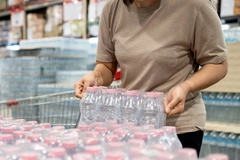
The Philippines has conducted a public consultation to validate and refine its draft National Plastic Action Roadmap.
The public consultation conducted by the Philippines’ National Plastic Action Partnership (NPAP Philippines) is part of a broader co-creation process to finalize the National Plastic Action Roadmap, which underscores key action points to drive systemic change in managing plastic waste.
The proposed actions include strengthening regulations to introduce policies across the plastic lifecycle, enhancing governance, monitoring, and enforcement, as well as expanding customs coordination with trade partners.
The NPAP Philippines is led by the Department of Environment and Natural Resources. The UNDP serves as NPAP’s technical secretariat in the Philippines.
“The roadmap is set to launch early next year. Alongside the roadmap, working groups are being established to address topic-specific challenges,” a UNDP spokesperson tells Packaging Insights.
“Working groups focusing on packaging, such as the flexible plastics recycling working group and the upstream/refill and reuse working group, have been established, and upcoming working groups on behavior change and social inclusion are underway.”
Unlocking infrastructure funding
The NPAP Philippines brought together around one hundred stakeholders, including representatives from government, industry, civil society, academia, development partners, and local communities, to refine the proposed framework for tackling plastic waste across the nation. The UNDP serves as NPAP’s technical secretariat in the Philippines.
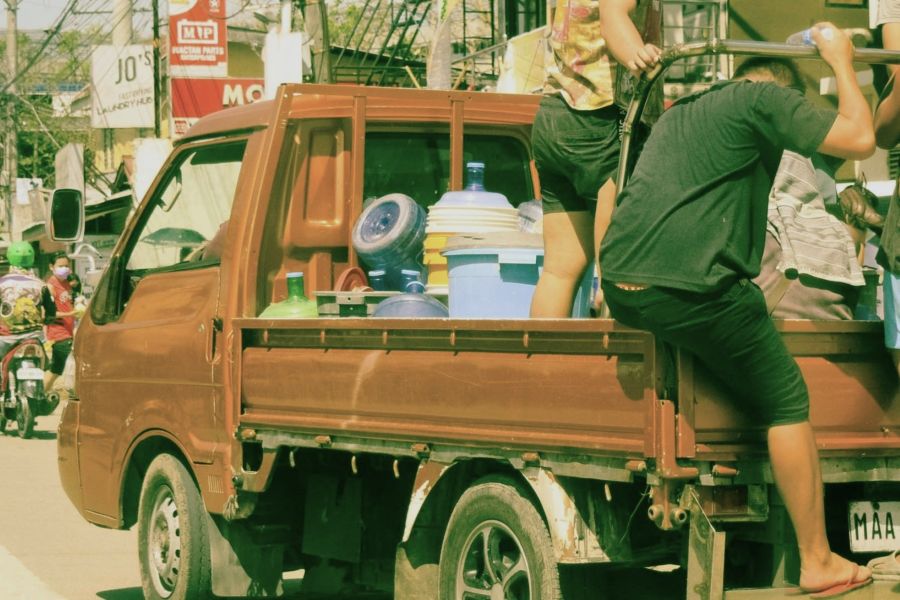 The Philippines is confronting plastic pollution from local innovation in waste management to the active engagement of communities and enterprises.The proposed actions also involve improving the economics of the waste management system to unlock funding for new infrastructure, increasing capacity building, and safeguarding the waste workers.
The Philippines is confronting plastic pollution from local innovation in waste management to the active engagement of communities and enterprises.The proposed actions also involve improving the economics of the waste management system to unlock funding for new infrastructure, increasing capacity building, and safeguarding the waste workers.
Floradema Eleazar, team leader of the climate action programme team of the UNDP Philippines, says: “We envision the Roadmap to be closely aligned with the Sustainable Development Goals on responsible consumption, climate action, and life below water, among others.”
“The result will reflect our shared vision of how the Philippines can institute systemic change from a linear model of ‘take, make, waste’ to a circular model of the plastics value chain where materials are kept for longer, reducing waste and creating economic opportunities.”
The roadmap calls for the establishment of coalitions to promote reuse and other upstream measures, assistance for the expansion of markets for secondary materials, and launching national campaigns to drive shifts in consumer behavior.
“The NPAP Philippines is supported by the governments of the UK and Canada, as well as the Coca-Cola Foundation. It convenes thematic working groups that serve as platforms to identify challenges, share innovations, and co-develop practical interventions on pressing plastic waste issues in the Philippines,” shares the UNDP spokesperson.
The insights and recommendations gained from the public consultation will feed into the final version of the National Plastic Action Roadmap, which will serve as a guiding framework for coordinated national action to transition toward a circular economy for plastics.
